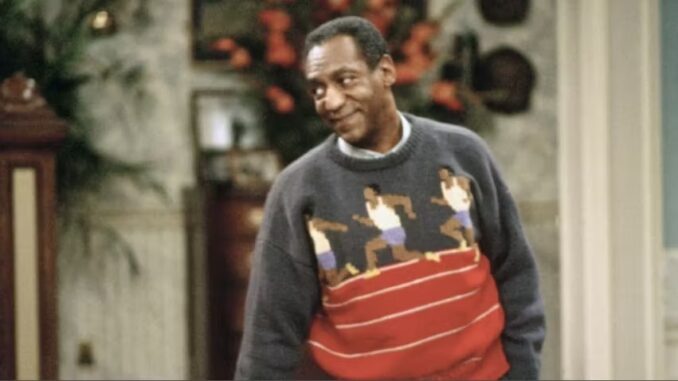
In a move that has sparked debate, two black-owned networks recently revived The Cosby Show. Given the controversies surrounding Bill Cosby’s legal history, this decision raises questions about ethics, legacy, and the enduring influence of the show. Are they honoring a cultural milestone, or is it a tone-deaf business strategy? Let’s unpack this.
The Legacy of ‘The Cosby Show’
Why ‘The Cosby Show’ Is a Cultural Icon
When The Cosby Show debuted in 1984, it was more than just another sitcom. It shattered stereotypes by showcasing an affluent, educated Black family. For many, it represented progress and a shift in societal narratives about African Americans.
The Show’s Impact on Representation
Before The Cosby Show, positive depictions of Black families were scarce. It paved the way for other shows like A Different World and Black-ish, proving that representation matters.
The Controversy Surrounding Bill Cosby
Bill Cosby’s Legal Troubles
Bill Cosby’s conviction on sexual assault charges tarnished his reputation. Many once considered him “America’s Dad,” but his legal troubles have led to calls for accountability and justice.
Can Art Be Separated From the Artist?
This question is central to the debate. Some argue that Cosby’s actions shouldn’t erase the contributions of the entire cast and crew. Others feel that airing the show indirectly supports him.
Why Networks Are Bringing Back ‘The Cosby Show’
Financial and Cultural Motivations
Black-owned networks like TV One and Bounce TV have a unique relationship with the show’s audience. Its return could be seen as an effort to preserve a cultural touchstone while addressing financial opportunities.
Viewer Demand for Nostalgia
Nostalgia sells. The pandemic saw a surge in demand for feel-good, familiar content. The Cosby Show, with its family-friendly humor, fits that bill for many viewers.
Supporting Black Creatives
It’s not just about Cosby. The show employed many Black creatives and highlighted stories that resonated with African American communities. Reviving it acknowledges their contributions.
Ethical Dilemmas and Public Reaction
Mixed Reactions From Fans
While some applaud the decision to separate the art from the artist, others feel airing the show sends the wrong message about accountability.
Advertisers and Revenue Risks
Networks must also consider how advertisers perceive this move. Will it alienate sponsors, or will niche marketing keep them afloat?
The Role of Black-Owned Networks
Empowering the Community
Black-owned networks have a unique responsibility to balance financial decisions with cultural sensitivity. Their decision may stem from a desire to reclaim and preserve Black narratives.
Navigating Controversy
Unlike mainstream networks, these platforms may feel more compelled to take risks that resonate deeply with their core audience, even if it means weathering backlash.
Broader Implications of the Revival
Revisiting Cancel Culture
Does bringing back The Cosby Show challenge the permanence of cancel culture? It raises the question: how long should art or individuals face exile?
Learning From History
The revival also prompts discussions about accountability and redemption. Can we learn from Cosby’s mistakes while appreciating the show’s broader cultural value?
Conclusion
The decision by two Black-owned networks to bring back The Cosby Show is a bold and complex one. It forces us to confront uncomfortable questions about morality, legacy, and cultural preservation. While opinions differ, one thing is clear: the show’s impact on television history remains undeniable.
FAQs
1. Why did the networks bring back The Cosby Show?
The networks likely aimed to preserve its cultural legacy and address audience nostalgia while navigating financial opportunities.
2. Are viewers supporting this move?
Reactions are mixed. Some appreciate the return of a cultural icon, while others criticize it due to Bill Cosby’s legal history.
3. How are advertisers reacting?
The revival poses risks for advertisers, who must weigh public opinion against potential profits.
4. Is this the first controversial TV revival?
No, but it’s one of the most significant given the allegations against Bill Cosby and the show’s iconic status.
5. Can we separate the art from the artist?
This is a deeply personal question, and opinions vary. Some focus on the show’s positive legacy, while others feel Cosby’s actions overshadow it.
“Thank you for reading! Share your thoughts on this controversial topic and join the conversation below.”